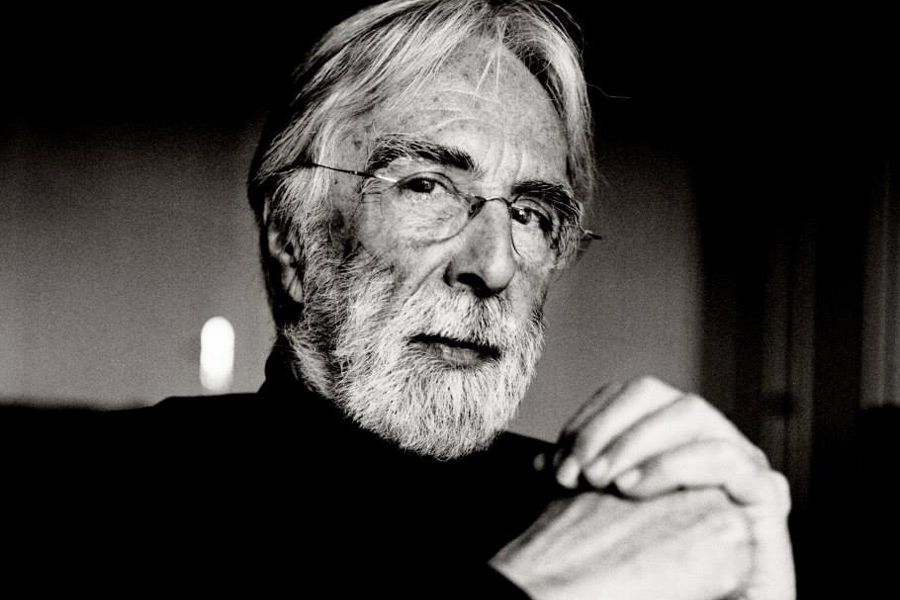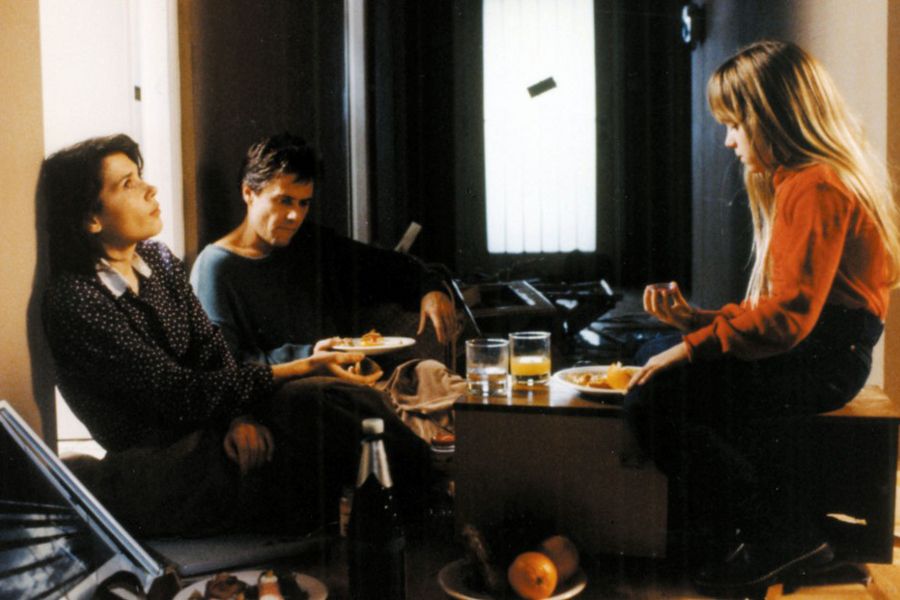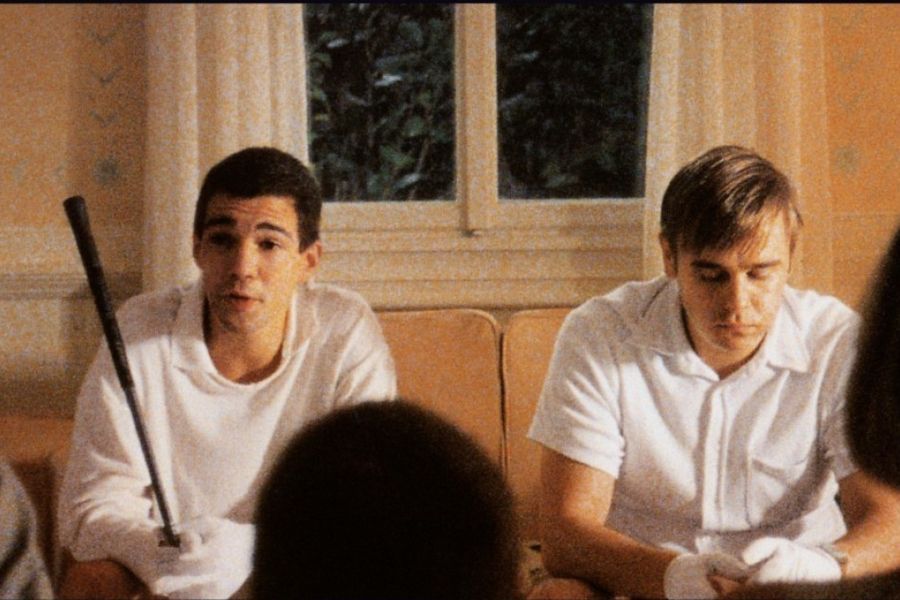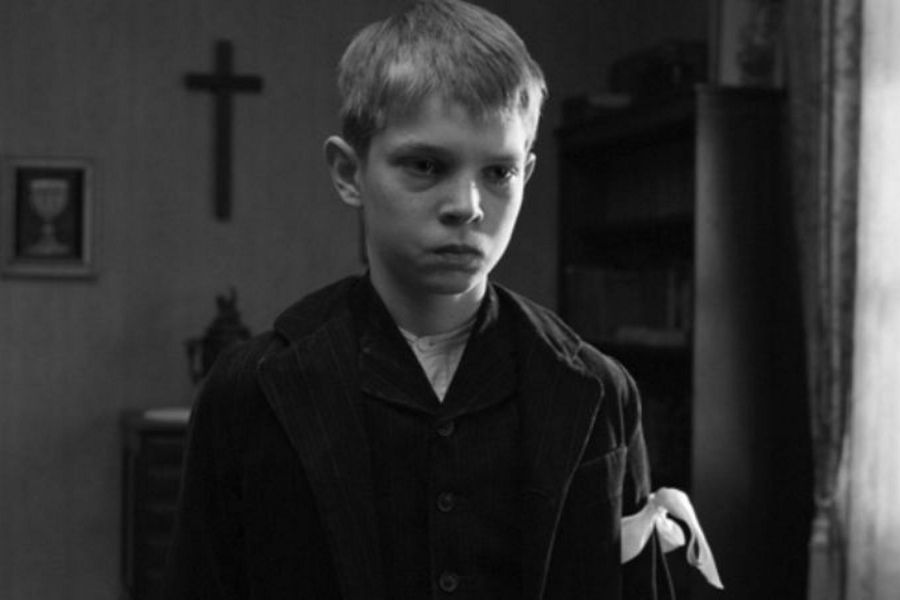For decades, Austrian filmmaker Michael Haneke has been shocking film audiences with his controversial and award-winning films. Often dark and psychological, Haneke’s films are thrilling and dramatic. While Haneke’s films are frequently in English and French, many of Haneke’s other films are in the German language. This month, let’s learn German using the films of Michael Haneke!
About Michael Haneke
Michael Haneke is the son of a German actor/director and an Austrian actress. He was born on March 23, 1942, in Munich, Germany. But it was in Austria that he was raised. Haneke grew up in Wiener Neustadt, just south of Vienna, the country’s capital, before pursuing philosophy, psychology, and drama at the University of Vienna. He worked as a film critic and then, during the late 1960s, as an editor for German television channel SWF. By 1974, Haneke had made his debut as a television director. His feature film debut as a director came later with 1989’s The Seventh Continent.
Haneke has since won countless awards recognizing his work and films on both a national and international stage. Most notably for international viewers, he has received awards for best foreign-language film from the British Academy and the Academy Awards. And his films seem to be quite regularly recognized by the Cannes Film Festival.
The Seventh Continent
1989’s The Seventh Continent is Haneke’s debut feature-length film. The film focuses on a typical middle-class family of three. The family intends to leave Austria for Australia to get a fresh start. But before they can go, the family suddenly commit suicide. Talk about a mystery!
The Seventh Continent is reportedly inspired by a true story.
Funny Games
Haneke is both writer and director for 1997’s Funny Games. A psychological thriller, the film depicts an Austrian family that is held hostage and tortured simply for fun by two men. The men, seemingly friendly at first, imprison the family in their vacation home. The family is forced to play sadistic games by the duo. But the real question is what is the men’s motive?
Don’t confuse 1997’s Funny Games with 2007’s Funny Games. A decade after the original, Haneke is responsible for a remake of Funny Games in English with a cast including Naomi Watts, Tim Roth, and Michael Pitt.
The White Ribbon
Known in German as Das weiße Band, Eine deutsche Kindergeschichte (The White Ribbon, a German Children’s Story), 2009’s The White Ribbon is written and directed by Haneke. The film is set in the lead up to World War I and focuses on a small village in northern Germany. Strange things begin to happen in the village. Some of the incidents are seemingly accidental while others are without explanation. The village’s teacher, who narrates the story, tries to determine who is responsible for these unusual occurrences.
The film is extremely dramatic. Part of that is due to the fact that the film is in black and white. The film stars the famous German actor Ulrich Tukur.
Practice practice practice! Discover other great German language actors and actresses previously featured.
Top photo is from the Amour Facebook page. This post contains affiliate links.



